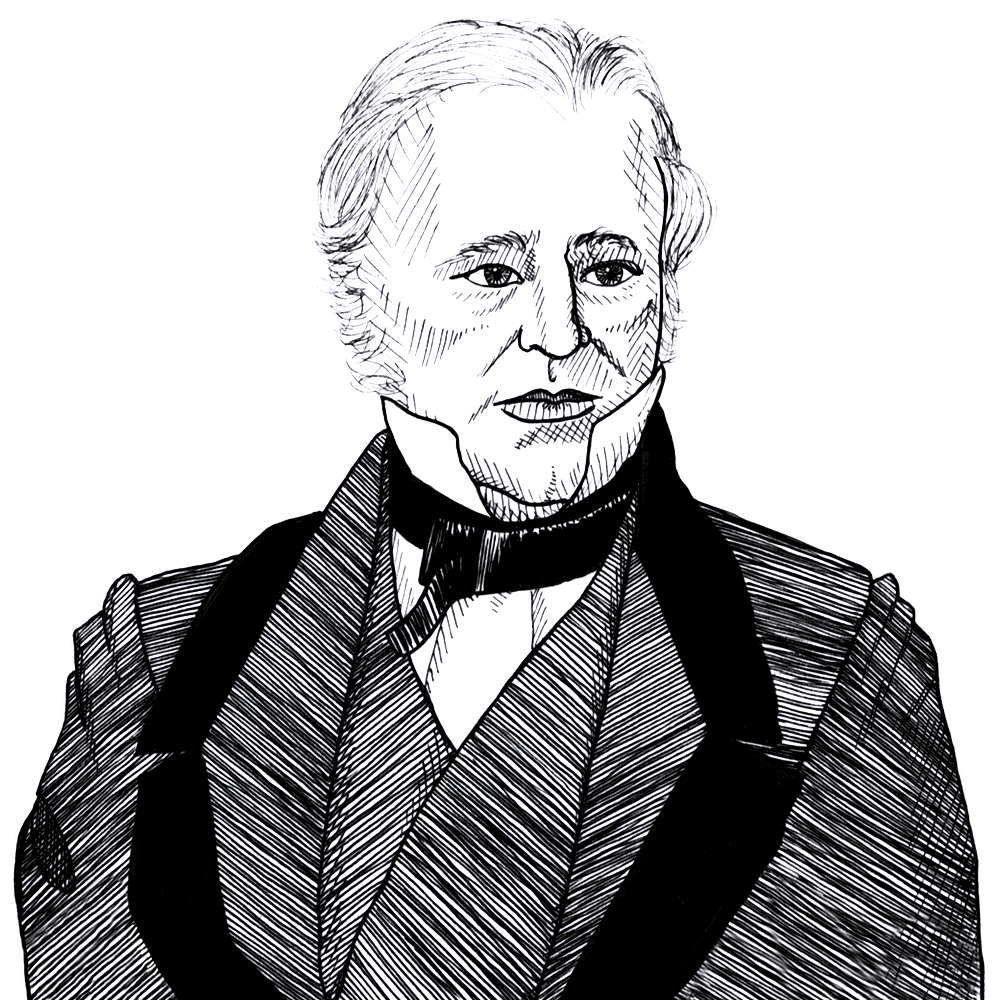
Macaulay argues that politicians are less interested in the economic value of public works to the citizens than they are in their own reputation, embezzlement and"jobs for the boys" (1830)
Found in: Critical and Historical Essays, Vol. 1
Lord Macaulay (1800-1859) takes on the witless Southey again, this time on the supposed benefits of public works undertaken by the government:
Presidents, Kings, Tyrants, & Despots
Can we find any such connexion in the case of a public work executed by a government? If it is useful, are the individuals who rule the country richer? If it is useless, are they poorer? A public man may be solicitous for his credit. But is not he likely to gain more credit by an useless display of ostentatious architecture in a great town than by the best road or the best canal in some remote province? The fame of public works is a much less certain test of their utility than the amount of toll collected at them. In a corrupt age, there will be direct embezzlement. In the purest age, there will be abundance of jobbing. Never were the statesmen of any country more sensitive to public opinion, and more spotless in pecuniary transactions, than those who have of late governed England. Yet we have only to look at the buildings recently erected in London for a proof of our rule. In a bad age, the fate of the public is to be robbed outright. In a good age, it is merely to have the dearest and the worst of every thing.